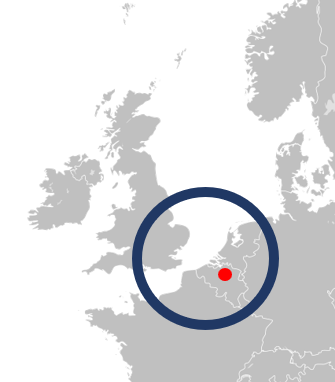IoT (Internet of Things) standards are critical for interoperability, security, and the seamless integration of various IoT devices, networks, and applications.
IoT devices generate enormous amounts of data, and standardization ensures that the data can be collected, analyzed, and used effectively. Now we will look at the importance of standards in IoT as well as some of the key IoT standards that have been developed.
Different aspects
Interoperability
One of the most significant advantages of IoT standardization is interoperability.
Standardization ensures that devices, networks, and applications can all communicate with one another, regardless of manufacturer, vendor, or technology.
Security
Standardization is critical in improving the security of IoT systems.
Security standards help to ensure that devices and networks are designed and implemented in accordance with best security practices, reducing the risk of cyber-attacks and data breaches.
Scalability
Standardization makes it easier to deploy and manage IoT systems at scale.
Standards help ensure that systems, regardless of size or complexity, can be easily integrated, managed, and monitored.
Innovation in IoT can be fueled by standards, which provide a common framework for the development and integration of new technologies and applications.
Key IoT Standards:
IoT Protocols
IoT protocols are communication protocols that allow data to be exchanged between IoT devices and networks.
MQTT, CoAP, and AMQP are three popular IoT protocols.
Security standards
Security standards are intended to ensure that IoT devices and networks are secure and capable of protecting data from unauthorized access or cyber-attacks.
TLS, DTLS, and OAuth are some of the most widely used security standards in IoT.
Interoperability standards
Interoperability standards ensure that IoT devices and networks can communicate with one another regardless of the manufacturer, vendor, or technology used.
OCF, AllJoyn, and Thread are three popular interoperability standards in IoT.
Data Standards
Data standards ensure that IoT data can be effectively collected, analyzed, and used.
JSON, XML, and RDF are three popular data standards in IoT.
The success and growth of IoT are dependent on standardization.
Standards enable interoperability, security, scalability, and innovation, ensuring that IoT systems, regardless of size or complexity, can be easily integrated, managed, and monitored.
As IoT evolves, the creation and adoption of new standards will be critical in shaping the future of this exciting technology.
What we do everyday
OBJECTSconnexted is a leading provider of services in the field of the Internet of Things (IoT). The company is focused on helping organizations to identify and implement IoT solutions that can drive innovation, improve efficiency, and generate new revenue streams.
In the geographic heart of Europe
OBJETCSconnected's headquarters are in Belgium, close to Brussels and Antwerp. We are based in the heart of Europe.

PUBLISHED ON
